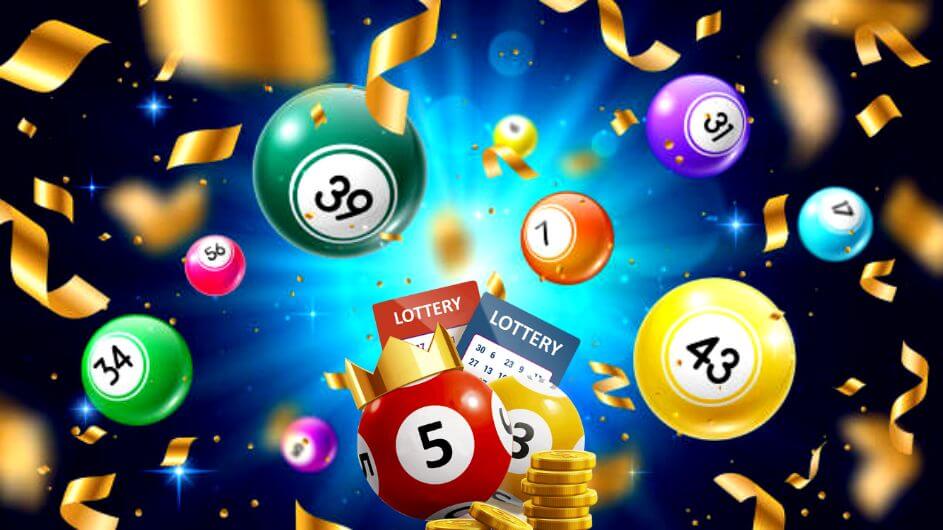Lotteries have long been a popular form of gambling, offering players the chance to win life-changing sums of money with just a small investment. However, traditional lottery systems have often been plagued by issues of transparency and fairness, leading to concerns about fraud and manipulation. In recent years, blockchain technology has emerged as a potential solution to these problems, offering a transparent and tamper-proof way to conduct online lotteries. In this article, we’ll explore how blockchain technology is being used to develop fair and transparent online lotteries.
The Problem with Traditional Lotteries:
Traditional lotteries are typically run by centralized organizations, such as governments or private companies, which control all aspects of the lottery process, including ticket sales, number selection, and prize distribution. This centralized approach leaves room for manipulation and fraud, as there is no way for players to verify the integrity of the lottery results.
Additionally, traditional lotteries often suffer from a lack of transparency, with limited information available to players about how their tickets are processed and the odds of winning. This lack of transparency can erode trust in the lottery system and discourage players from participating.

Blockchain Technology and Transparency:
Blockchain technology offers a decentralized and transparent way to conduct online lotteries, addressing many of the concerns associated with traditional lottery systems. In a blockchain-based lottery, all lottery transactions are recorded on a public ledger, which is accessible to anyone with an internet connection. This means that players can verify the integrity of the lottery results by checking the blockchain ledger, ensuring that the outcome of the lottery is fair and transparent.
Additionally, blockchain technology uses cryptographic algorithms to ensure that lottery results are tamper-proof. Once a lottery drawing is conducted and recorded on the blockchain, it cannot be altered or manipulated in any way, providing players with confidence that the results are genuine.
Smart Contracts and Automated Payouts:
One of the key features of blockchain technology is its ability to execute smart contracts, which are self-executing contracts with the terms of the agreement directly written into code. Smart contracts can be used to automate various aspects of the lottery process, including ticket sales, number selection, and prize distribution.
For example, a blockchain-based lottery platform could use smart contracts to automatically verify winning tickets and distribute prizes to the winners. This eliminates the need for centralized authorities to manually process lottery transactions, reducing the risk of human error and fraud.
Decentralized Governance and Community Involvement:

Blockchain technology also allows for decentralized governance models, where key decisions about the lottery system are made by the community of participants rather than a centralized authority. This ensures that the lottery system is governed in a transparent and democratic manner, with input from all stakeholders.
By involving the community in the governance of the lottery system, blockchain-based platforms can foster a sense of trust and ownership among players, encouraging greater participation and engagement.
Blockchain technology has the potential to revolutionize the way online lotteries are conducted, offering a transparent, fair, and tamper-proof alternative to traditional lottery systems. By leveraging blockchain technology, online lottery platforms can ensure that lottery results are verifiable and immutable, providing players with confidence that the outcome of the lottery is genuine. Additionally, blockchain technology enables automated payout mechanisms and decentralized governance models, further enhancing transparency and trust in the lottery system. As blockchain technology continues to evolve and mature, we can expect to see even more innovative solutions for conducting fair and transparent online lotteries in the future.

